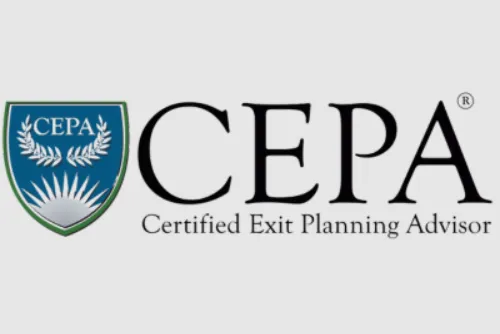Certified Wealth Management & Investment, LLC
"Build an Exit Ready Business"
• Investment Planning
• Independent Advice
• Risk Management
• Retirement Planning
About us
Certified Wealth Management & Investment, LLC is a Registered Investment Advisory (RIA) company focusing on personal financial planning and small business planning. The services include fee based as well as non-fee based investing. Areas of expertise include personal financial planning, estate planning, small business planning, insurance, employee benefits, 401k advisory services, and retirement planning.

Our Services

Sustainable and Impact Investing
Specialize in sustainable and impact investing, helping clients align their investments with their values, such as ethical and environmentally responsible investments.

Alternative Investments
Provide guidance on alternative investment options, including private equity, venture capital, hedge funds, and real estate investment trusts (REITs).

Retirement Income Annuities
Offer guidance on selecting and incorporating retirement income annuities, helping clients secure guaranteed income streams in retirement.

Philanthropic Investment Planning
Assist clients in structuring charitable giving and philanthropic efforts through investment strategies, such as donor-advised funds and impact investments.
Our Latest News

Kurt Baker
Private Wealth Manager
Get In Touch
I Consent to Receive SMS Notifications, Alerts & Occasional Marketing Communication from Certified Wealth Management & Investment. Message frequency varies. Message & data rates may apply. Text HELP for assistance. You can reply STOP to unsubscribe at any time.
ADDRESS:
101 College Rd E
Suite 2
Princeton, NJ 08540-6775










